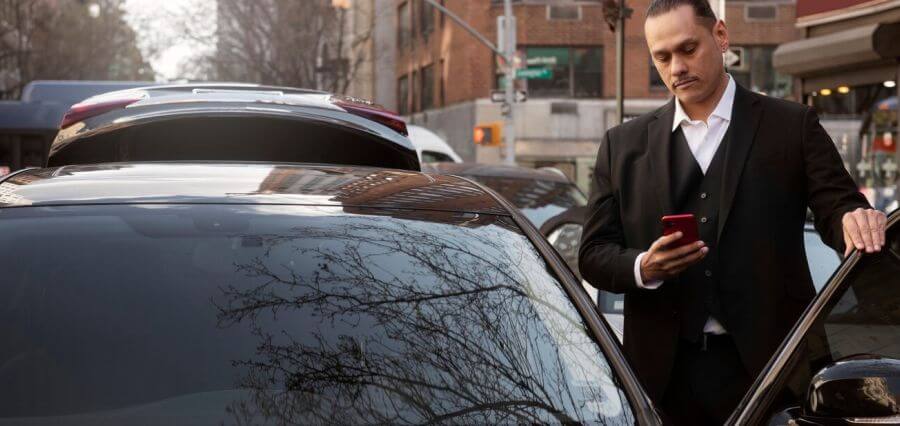Ridesharing has changed how we travel in cities. Booking a ride through an app is convenient and often cheaper than traditional taxis. This makes services like Uber, Lyft, and Grab very popular. However, more rideshare use has led to more car accidents involving these vehicles, creating a tricky legal situation around who is liable.
In this article, we’ll dive into the key liability factors in rideshare auto accident lawsuits and how to handle them effectively.
Understanding the Parties Involved
Unlike traditional taxi services where there is a clear distinction between the passenger and the driver, the rideshare model involves multiple parties. These include:
Driver
The driver is the person operating the rideshare vehicle. They are considered independent contractors, not employees of the rideshare company.
Rideshare Company
Rideshare companies, such as Uber or Lyft, provide the platform and connect drivers with passengers. They also set certain requirements for drivers to meet to use their platform.
Passenger
The passenger is the individual who books a ride through the rideshare app and is being transported by the driver.
Third Parties
In some cases, there may be other parties involved in a rideshare accident, such as pedestrians or other vehicles.
Determining the Driver’s Status
One of the key factors in rideshare liability is determining the driver’s status at the time of the accident. This can vary depending on whether they had a passenger in their car or not.
No Passenger in Vehicle
If there was no passenger in the car, the driver’s auto insurance usually covers the damages. But, some insurance companies might deny coverage if the driver was using the car for business without the right insurance.
Passenger in Vehicle
If there was a passenger in the vehicle, the rideshare company’s insurance policy typically kicks in. These policies often have higher coverage limits than individual auto insurance and are meant to protect both the driver and the passenger.
Dealing with Multiple Insurance Policies
In cases where there is more than one insurance policy involved, it can be challenging to determine who is liable and which policy should provide coverage. This is where the expertise of a personal injury attorney specializing in rideshare accidents can be invaluable.
Determining Liability
As with any car accident, determining rideshare liability involves examining the circumstances of the accident and identifying who was at fault. It is important, especially if there are many ride-share passengers involved in accidents. This can include factors such as:
- Driver negligence
- Vehicle defects or malfunctions
- Road conditions
Once liability has been established, then the responsible party’s insurance company should provide compensation for damages.
Seeking Legal Assistance
Navigating the legal details of rideshare auto accident lawsuits can be tough. It gets even more confusing when rideshare companies and multiple insurance policies are involved.
If you’ve been in a rideshare accident, it’s a good idea to talk to a personal injury lawyer who knows these cases well. They can help collect evidence, talk to insurance companies, and make sure you get fair compensation for any damages or injuries.
Remember to note all details and evidence of the accident. This includes photos of the scene, medical records, and any communication with insurance companies.
Navigate Auto Accident Lawsuits Easily with this Guide
Rideshare accidents can be tricky and involve different people and insurance policies. By knowing the main factors of responsibility and getting legal help when needed, you can handle auto accident lawsuits more easily. Always focus on your safety and well-being in any car accident and get help from trusted professionals when necessary.
Is this article helpful? Keep reading our blog for more.

